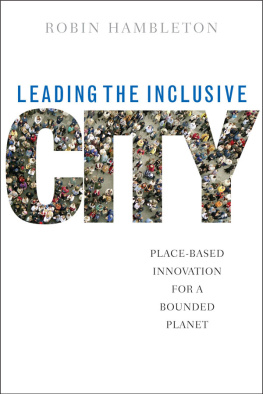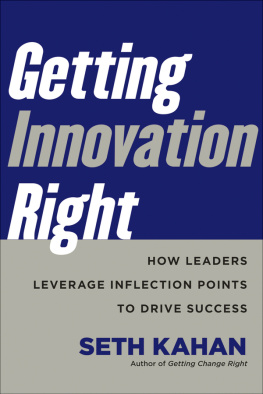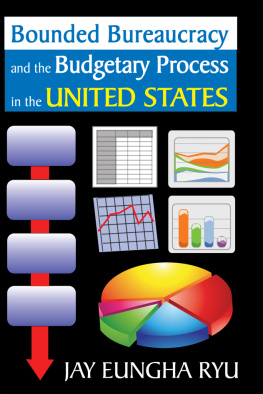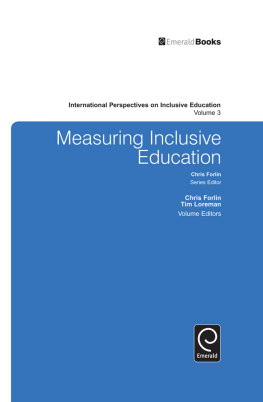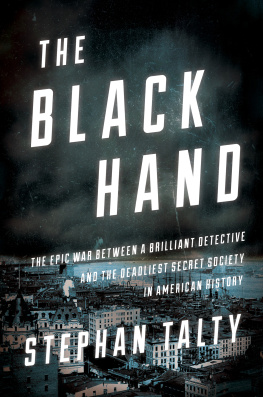First published in Great Britain in 2015 by
Policy Press University of Bristol 1-9 Old Park Hill Bristol BS2 8BB UK Tel +44 (0)117 954 5940 e-mail
North American office: Policy Press c/o The University of Chicago Press 1427 East 60th Street Chicago, IL 60637, USA t: +1 773 702 7700 f: +1 773-702-9756
Policy Press 2015
British Library Cataloguing in Publication Data
A catalogue record for this book is available from the British Library.
Library of Congress Cataloging-in-Publication Data
A catalog record for this book has been requested.
ISBN 9781447311850 ePub
ISBN 9781447311867 Kndle
The right of Robin Hambleton to be identified as author of this work has been asserted by him in accordance with the 1988 Copyright, Designs and Patents Act.
All rights reserved: no part of this publication may be reproduced, stored in a retrieval system, or transmitted in any form or by any means, electronic, mechanical, photocopying, recording, or otherwise without the prior permission of Policy Press.
The statements and opinions contained within this publication are solely those of the author and not of The University of Bristol or Policy Press. The University of Bristol and Policy Press disclaim responsibility for any injury to persons or property resulting from any material published in this publication.
Policy Press works to counter discrimination on grounds of gender, race, disability, age and sexuality.
Cover design by Andrew Corbett
Front cover: image kindly supplied by zeber/BigStock
Readers Guide
This book has been optimised for PDA.
Tables may have been presented to accommodate this devices limitations.
Image presentation is limited by this devices limitations.
For Isla, Lana and their generation
Our daughter was born during the night of the first major urban riot in mainland Britain in the 20th century. It was the following morning before we realised that part of the city we had recently made our home had erupted in civil unrest.
The disturbances, which took place in the St Pauls area of Bristol on the night of 3 April 1980, did more than shock the city. The television and newspaper coverage ensured that the riot had a national impact. Films showing large numbers of citizens confronting the police in mass resistance, the sight of angry people burning down their own neighbourhood, the images of conflict and crowd violence on the streets, delivered jarring messages to Prime Minister Thatchers government, a government that was seen to be increasingly out of touch with the communities it was there to serve.
The civil agitations in Bristol were followed a year later by an English summer of discontent. Urban unrest broke out in a number of inner city areas including Brixton, Southall, Toxteth, and Moss Side. Lord Scarman was invited by the government to carry out an inquiry into the causes of the riots in Brixton, and his forensic analysis suggested that a cocktail of factors including insensitive approaches to policing, racial discrimination and social deprivation had led to a widespread sense of hopelessness.
Sad to say, there have been subsequent episodes of urban disorder in Britain. For example, in 2001 there were major disturbances in several northern English cities including Bradford and Oldham. As in 1980 and 1981 the areas experiencing unrest were neighbourhoods with sizable ethnic minority populations.
In 2011 my home city of Bristol provided, once again, the prelude to a swathe of urban unrest in cities across England. On 21 April 2011 a campaign against the opening of a Tesco supermarket in Stokes Croft, not far from the location of the 1980 disturbances in St Pauls, turned into a violent street riot when the police sent in 160 officers, in riot gear, to close down a squat in a building close to the Tesco store. Here, unlike the riots of the 1980s, a multi-national corporation was the target of public anger.
Why start a book on leading the inclusive city by highlighting urban disorder?
Because these episodes of social breakdown provide a stark reminder of what can happen if people feel excluded from the mainstream of society. Britain is, of course, not unique. Many countries have experienced social disturbances of one kind or another in relatively recent times. For example, in the summer of 2013 there were riots in the Stockholm suburb of Husby, massive public demonstrations in a string of Brazilian cities initiated by the MovimentoPasseLivre (Free Fare Movement), urban unrest in the Gezi Park area of Instanbul, and riots in the Paris suburb of Trappes.
More recently, in the summer of 2014, there were major outbreaks of urban violence in Ferguson, a suburb of St Louis, Missouri. On 9 August police shot dead Michael Brown, a black teenager. The extent of the civil unrest and public protest provoked by the police action was such that President Obama appealed for calm, and called for a transparent investigation into the death of the unarmed young man. These recurring outbreaks, small skirmishes and demonstrations, as well as the events that make the national and international headlines, should be seen as warning signals for governments and for civil society.
This book focuses on cities partly because most people alive today live in cities and world urbanisation is gathering pace. Cities are not just powerful engines of modern economic growth and expanding service industries, they are also centres of creativity and civilised living offering untold opportunities for their residents. Yet, even in wealthy cities, social and economic divisions are widening. This is troubling not just on moral grounds but because, as continuing outbreaks of civil unrest reveal, unequal cities do not provide secure foundations for economic and social prosperity.
A premise of this book is that the people living in cities, and particularly those who emerge as civic leaders, can play a decisive role in promoting the development of inclusive cities. The book will argue that, in a rapidly globalising world, place matters a great deal possibly more than ever before. And, more specifically, that place-based leadership can make a significant contribution to the creation of socially cohesive cities successful, safe and sustainable cities that foster a good quality of life for all.
The book adopts a global approach and will draw on the experience of some of the most innovative cities in the world to provide insights on how to improve the quality of life in cities. While it is important to understand the nature of modern urban problems, it is even more productive to examine what imaginative urban leaders, public servants and activists are doing to create more liveable, child-friendly towns and cities.


